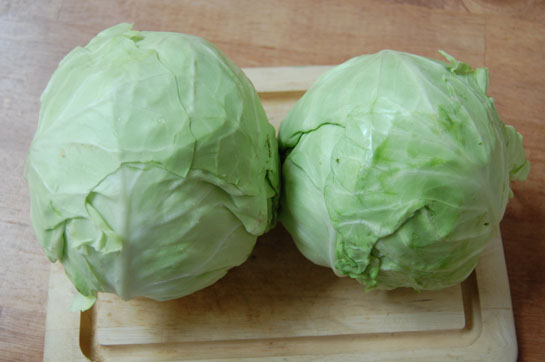Avoid Cabbage If You Struggle With These 6 Health Issues

Cabbage is a nutritious vegetable packed with vitamins, minerals, and fiber. However, it may not be safe for everyone. In some health conditions, eating cabbage can make symptoms worse or interfere with treatment. Below are the health problems where cabbage consumption should be limited or avoided:
1. Thyroid Problems (Goiter and Hypothyroidism)
Cabbage contains goitrogens, substances that can interfere with thyroid hormone production.
Excessive consumption may enlarge the thyroid gland or worsen hypothyroidism.
People with thyroid issues should avoid eating raw cabbage regularly.
2. Irritable Bowel Syndrome (IBS) or Chronic Bloating
Cabbage is high in fiber and contains fermentable carbohydrates (FODMAPs) that can cause gas and bloating.
For individuals with IBS, this can trigger stomach discomfort, cramps, and diarrhea.
3. Kidney Problems
Cabbage is high in potassium, which may not be safe for people with kidney disease.
High potassium levels can be dangerous if the kidneys cannot filter it properly, leading to heart rhythm problems.
4. Blood Clotting Disorders
Cabbage is rich in vitamin K, which helps blood clot.
For people on blood-thinning medications (like warfarin), too much cabbage can interfere with the effectiveness of the drugs.
5. Acid Reflux or Heartburn
Some people may experience worsening symptoms of acid reflux or heartburn after eating cabbage, especially raw.
It can increase stomach acid production and cause discomfort.
6. Post-Surgery Digestive Recovery
After abdominal or digestive surgery, cabbage may cause excessive gas and bloating, slowing recovery. Doctors often advise patients to avoid gas-forming vegetables like cabbage during healing.
Disclaimer: This content including advice provides generic information only. It is in no way a substitute for a qualified medical opinion. Always consult a specialist or your own doctor for more information. NEWSHOUR does not claim responsibility for this information.
